
For our series #5questions, we're speaking with Maura Viezzoli. Reconfirmed as President of CISP at our last Members Assembly in June, Maura is also a co-founder of our organization.
Born in the early 1980s, CISP was founded by a group of 28 young people, myself included. While that period had its contradictions, we saw it as a time full of opportunities and hope for change. We were driven by a desire to positively influence development processes in Italy and around the world. Our global perspective and focus on international cooperation stemmed from our direct experience in local communities in Africa and Latin America, as well as the crucial understanding that, during Africa's decolonization era, supporting these processes was essential.
I personally believed in the CISP project so deeply that, like several of my colleagues, I gave up a newly launched career to dedicate myself entirely to the association's growth. My aim was to unify my personal values and political convictions with my professional life. Looking back, it was a profoundly rewarding and a far-sighted choice.
CISP was a pioneer in recognizing the need for formal training for development workers. We wanted to move past the "good will" approach of the 1960s and 70s and professionalize the field. To do this, we teamed up with universities to offer high-level training. This led to the creation of the Master's in Cooperation and Development at the University of Pavia in 1997-98. After this successful project, we helped establish a network of similar master's programs worldwide, including MECOHD in Kenya. A core principle of our partnerships with universities has always been to respect each other's expertise and roles, creating a truly collaborative relationship.
In recent years, our partnerships with universities both in Italy and abroad have grown significantly. Our work now includes designing new curricula, developing training programs, conducting research, and spreading knowledge and values gained from the relationship between academia and local communities.
The world faces increasingly complex crises, from armed conflicts and climate change to shifting global power dynamics. These challenges are interconnected and threaten our sector's sustainability and independence. However, this critical time is also a chance for international cooperation and civil society organizations to make profound changes. We must act now to improve our efficiency, effectiveness, and transparency, reduce fragmentation, involve new partners like the private sector, and renew our focus on global solidarity.
NGOs play a vital role by promoting sustainable development, providing humanitarian aid, and defending human rights, often in communities facing extreme poverty or crisis. Our independence, specific expertise, and ability to mobilize allow us to reach the most vulnerable, raise public awareness, and take action where governments and other actors cannot.
Globally, civil society organizations are under attack. These threats vary by country and include restrictions on our work, political pressure, and laws that weaken our ability to serve the public. These attacks vary by country and can include limiting laws, political pressure, and a weakened ability to act in the public interest. While these threats affect both international and local organizations—which often operate with great courage in non-democratic regions—perhaps the most serious attack is the cultural and ethical delegitimization of civil society itself. This undermines its very purpose.
This is why one of our most crucial contributions must be cultural. We must challenge the values of an increasingly individualistic society that celebrates wealth and exclusivity. Instead, we must clearly and tangibly reaffirm that solidarity and the defense of human rights for the most marginalized are the fundamental values of our society and of Europe.
Countless memories show the real impact of our work. For example, I recall a meeting with a women's savings group in Malindi, Kenya. With CISP's financial and training support, the women created a savings group to cover urgent expenses. They then used the funds to buy a mill, which became the foundation for their own business. But our work goes beyond helping individuals. It is also about influencing policy. I am thinking of the law we helped draft in Colombia to combat sex tourism and the Master's in Human Development we created with the University of Pavia and Kenyatta University in Kenya, which changed the economic studies curriculum there.
I've mentioned some of these already, but two are especially important: the value of solidarity and the value of self-determination.
Today, solidarity goes beyond just connections between people and countries; it now includes solidarity between genders and generations. Self-determination is also crucial, as it pushes us to recognize and strengthen the abilities of the local communities we partner with.
Want to learn more about other key figures in our history and organization? Read the #5questions we asked Gianluca Falcitelli, Deborah Rezzoagli, Luigi Grando, Giordana Francia, and Laura Carraro in recent months, and keep following us on our website and social media!